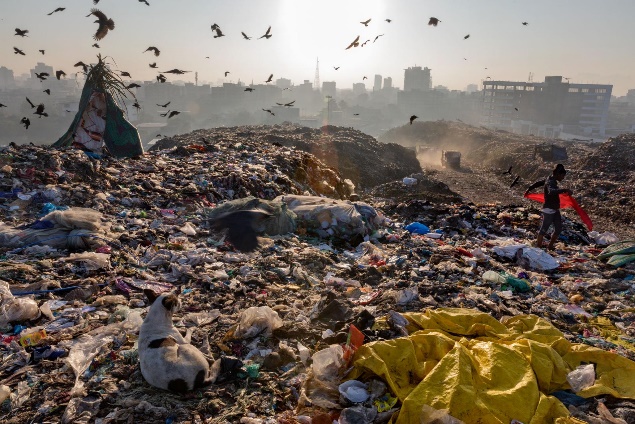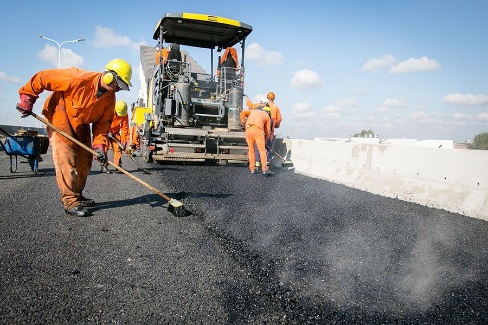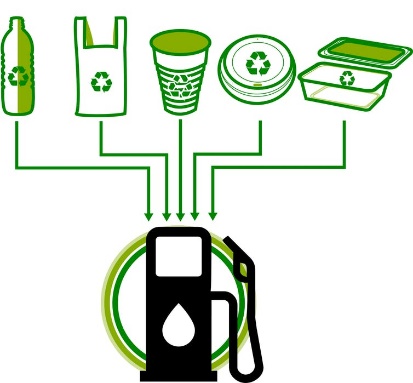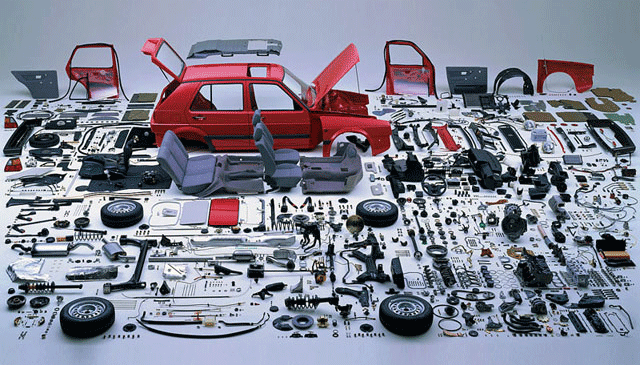The amount of plastics produced in a year is roughly the same as the entire weight of humanity.
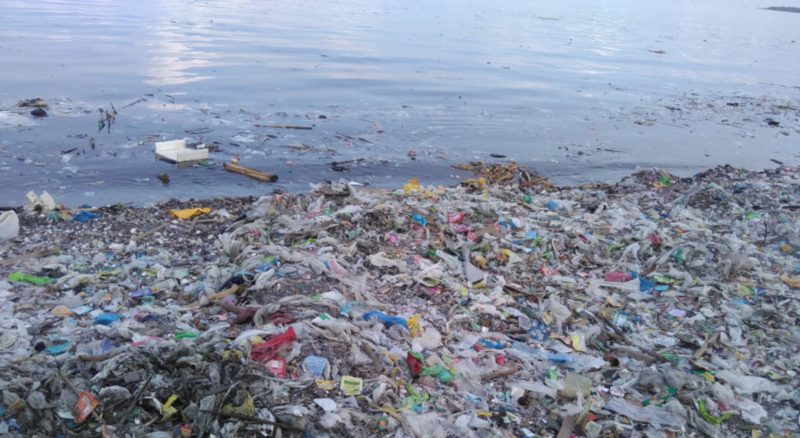
Innovation can change this. YOU can change this.
6 months ago, National Geographic published an article talking about plastic waste under the title “WE MADE PLASTIC. WE DEPEND ON IT. NOW WE’RE DROWNING IN IT”.
The text states that this “material has made modern life possible. But it’s choking our waterways”. And it’s a pitiful reality: 91% of plastic waste isn’t recycled. Nearly TWO MILLION single-use plastic BAGS are distributed worldwide EVERY MINUTE, and more than 8 million tons of plastic are dumped in our oceans every year.
These highlights are more than concerning. We believe that innovation should come with a positive impact on society, and we strive to disrupt markets to improve the world we live in. Thus, now that a new year begins, we challenge you to go the hard way, innovate! Because any of us can become a catalyst to stop plastic waste.
What is Inspiralia doing in this area? We are helping in the development of many projects. Here are some of them:
Roads made from recycled tyre rubber
Inspiralia has supported Tecnofilm in the development of a new product called RD PRENE, an innovative recycled tyre rubber-based bitumen modifier that will provide PMB producers with superior performance, more affordable, and an environmentally friendly alternative to current bitumen modifiers.
RD PRENE provides up to a 50% longer road service life and reduces traffic noise by 50% vs SBS. Moreover, it eliminates the need for additional processing, reducing energy and other expenses, and since it is based on recycled end of life tyres (ELTs), it helps customers reduce their environmental
From WASTE to FUEL
Our client has industrialised a new and economic CPD process that converts waste containing hydrocarbons (synthetic materials, domestic waste, etc.) and residual renewable waste materials (biomass, waste wood, etc.) to high-grade fuel (diesel, kerosene, etc.).
The outstanding features of the CPD (Catalytic Pressureless Depolymerisation) production process are sustainable low environmental impact manufacturing options, low investment requirements and application of the final product (diesel, kerosene, etc.) in conventional combustion engines, jet engines and fuel heaters.
The best in CAR PLASTIC recycling
50% of cars and airplanes is made from plastic, and out of that 50%, all the visible plastic (steering wheels, glove boxes, etc.) is virgin plastic. This is because it is very hard to achieve a smooth finish with recycled plastic. What would the environmental impact be if we could use recycled plastic to produce these parts?
Our client Skytech is introducing Tribosort in the market, a new procedure that recycles plastics with +95% purity. Triboelectricity separates ternary mixtures such as those coming from End of Life Vehicles (ELV). This unique method can sort both binary (WEEE) and ternary (ELV) mixtures of plastics, allowing recycled plastics to perform equal to virgin ones, fitting the car visible parts needs and reducing costs up to a 40% compared to other recycled compounds.
Do you have a sustainable and innovative project and need further support bringing it to the market? Contact us.

